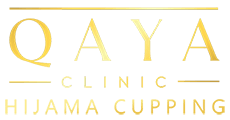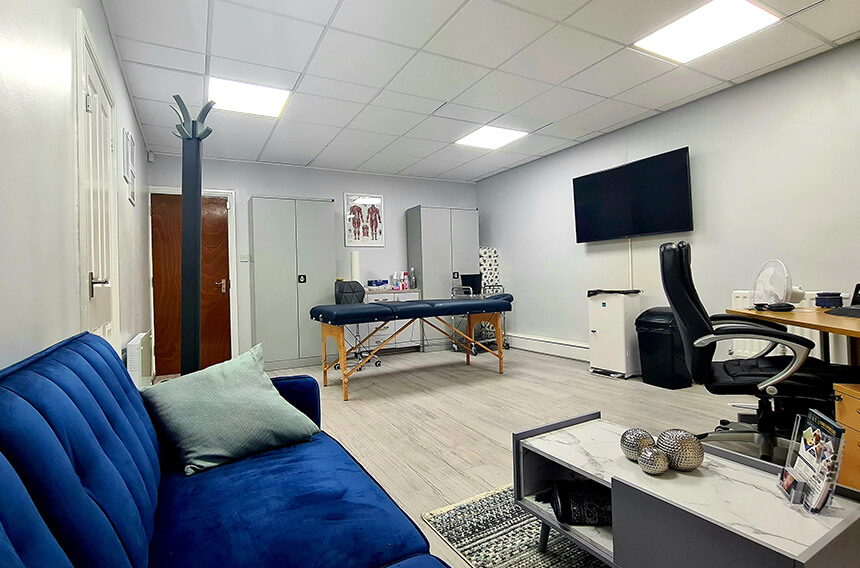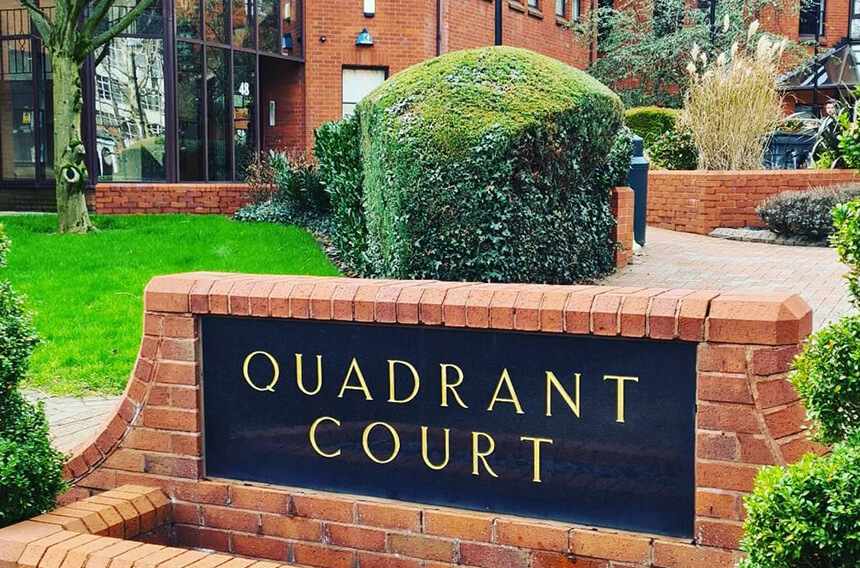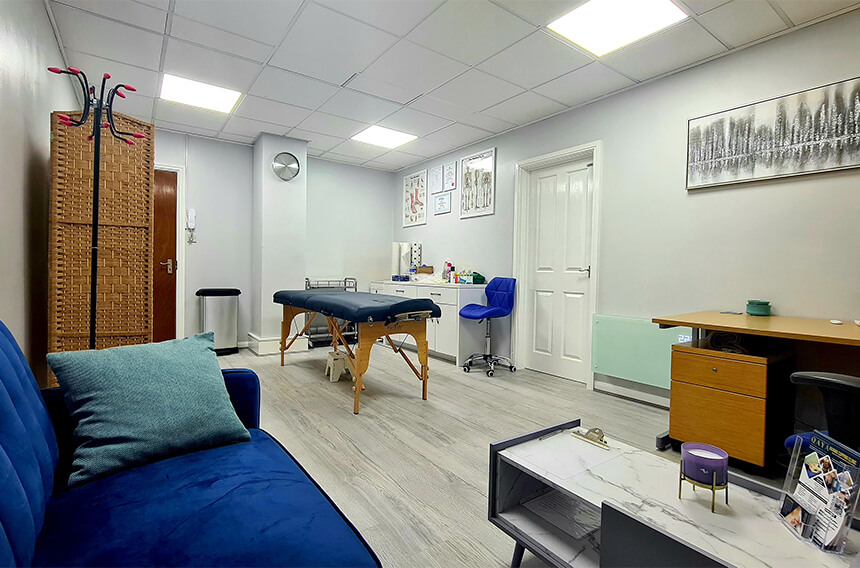Most may have gathered by now that Hijama (cupping) is a treatment that generally involves the removal of waste from the body, during which a small amount of blood is often extracted too. Similarly to blood tests and blood donation, it has a relative physiological impact on the body and its systems. Unlike other blood work processes, this profound effect is what makes it such an effective treatment. Fasting, especially for a few hours, also has a distinct influence over bodily functions. Therefore, understanding how both affect the body is crucial knowledge for anyone planning to combine the two. Patients who have had a fasting blood test may be more familiar with the accompanying symptoms, such as dizziness, fatigue, headaches and occasionally even nausea.
When checking for health conditions such as diabetes or high cholesterol, doctors often prescribe fasting blood tests to their patients as a means of measuring the amount of glucose, lipids or other forms of fat in the body. During a certain period of time, the patient is advised to avoid eating and encouraged to drink plenty of water until a phlebotomist relieves them of the desired amount of blood. From this, Hijama (cupping) practitioners have deduced that eating before having cellular substances removed can influence the levels of glucose, lipids, iron and other digested nutrients in the blood vessels and significantly interfere with the state of a patient’s blood. If doing so can invalidate blood test results, it may be safe to assume that digested food would obstruct the flow of toxins or pathogens in the body too, making it more difficult for them to exit through small scratches in the skin.
We ask patients to avoid eating for approximately three hours before their treatment with a second reason in mind. The human body increases blood flow to its digestive system via the superior mesenteric artery to help break down ingested food, resulting in less blood being carried to other bodily tissues. When deprived of food, the body becomes able to redirect blood from its digestive tract to other cellular structures, particularly areas in need of repairing. Fasting also enables the movement of cholesterol deposits that line the walls of blood vessels, allowing excess amounts to be removed along with other toxins during a Hijama (cupping) treatment. Hijama (cupping) practitioners are able to improve the effectiveness of their treatment plans by taking the aforementioned reasoning and the health of each patient into consideration.
OVER 10K HAPPY CLIENTS ACROSS THE UK INCLUDING BIRMINGHAM, WALSALL, DUDLEY, STOURBRIDGE, OLDBURY, WOLVERHAMPTON, COVENTRY, LEAMINGTON SPA, NOTTINGHAM, SOLIHULL, TELFORD, GLOUCESTER, WORCESTER, DERBY, BRISTOL, STOKE AND SUTTON COLDFIELD INCLUDING THE FOLLOWING AREAS:
Acocks Green, Alum Rock, Aston, Balsall Heath, Birmingham City Centre, Bordesley Green, Bromford, Castle Vale, Digbeth, Edgbaston, Erdington, Garretts Green, Great Barr, Hall Green, Handsworth, Harborne, Hay Mills, Highgate, Hockley, Hodge Hill, Jewellery Quarter, King's Heath, Kings Norton, Kingstanding, Kitts Green, Ladywood, Lozells, Moseley, Nechells, Newtown, Northfield, Nuneaton, Pelham, Perry Barr, Quinton, Saltley, Selly Oak, Selly Park, Shard End, Sheldon, Small Heath, Smethwick, South Yardley, Sparkbrook, Sparkhill, Stechford, Tipton, Tyseley, Ward End, Washwood Heath, Wednesbury, West Bromwich, Winson Green, Witton, Yardley, Yardley Wood
Our therapists are fully insured for all services we provide. Qaya Clinic is based in Edgbaston Medical Village, Birmingham City Centre. WE ARE OUTSIDE THE CLEAN AIR ZONE with free nearby parking.






